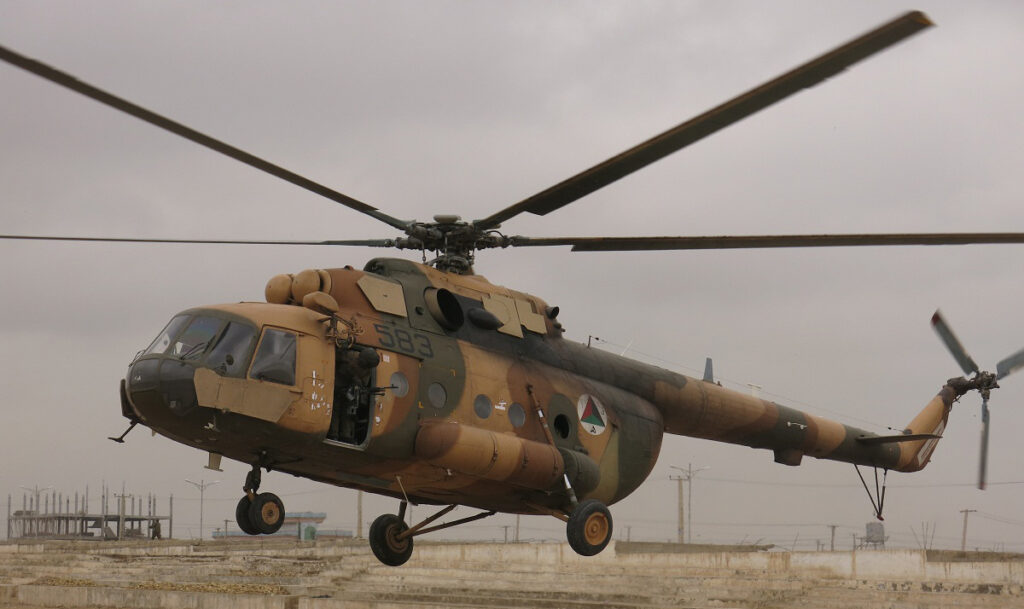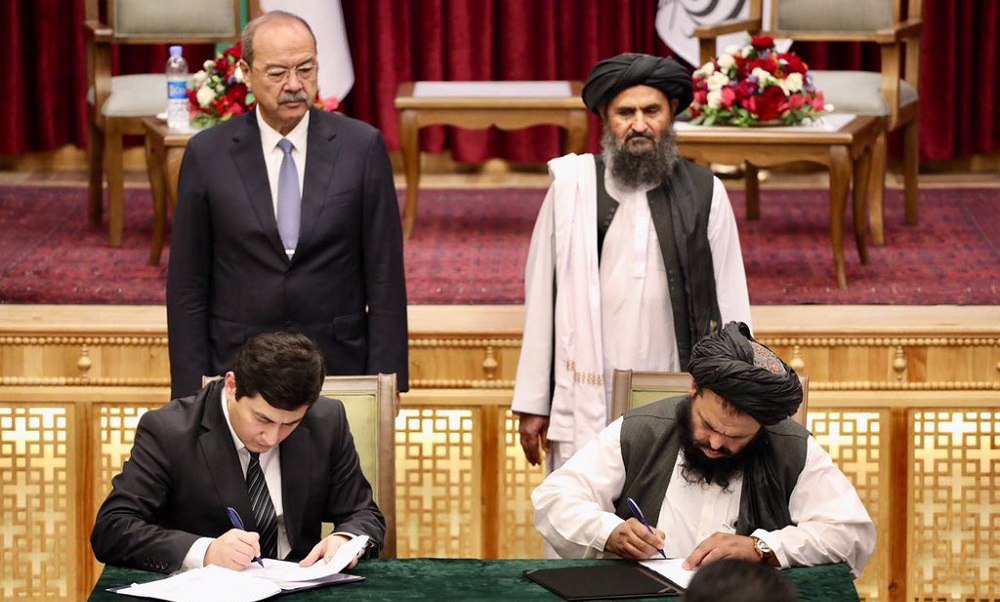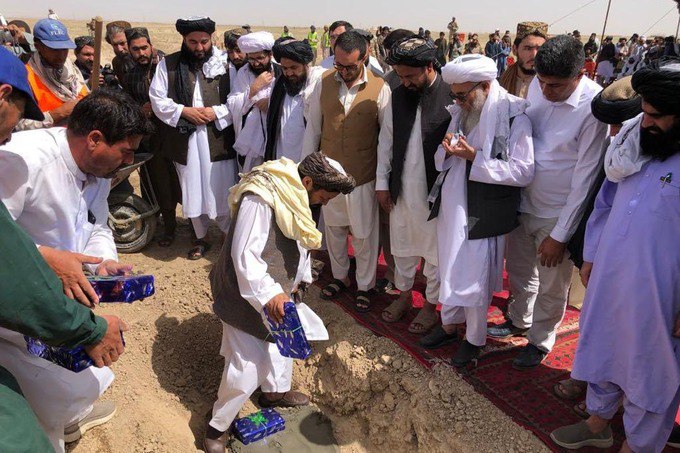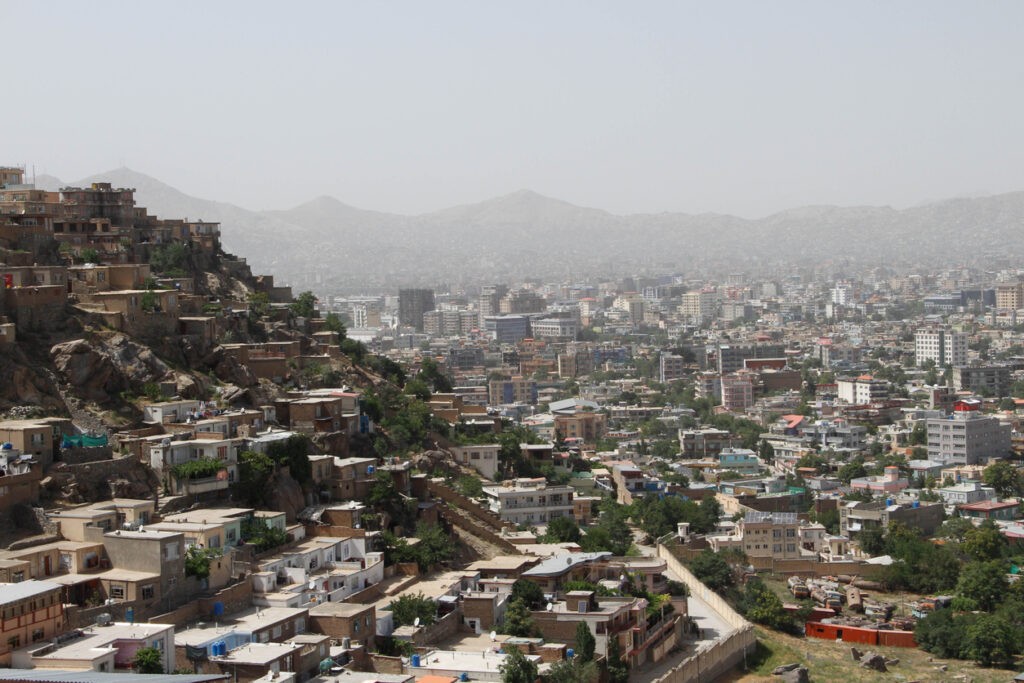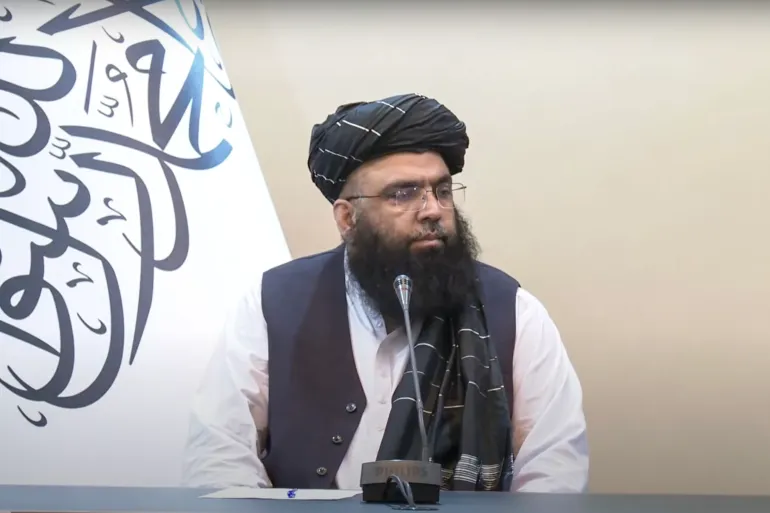KABUL (TCA) — The Taliban and a delegation representing Afghan society have agreed at talks in Qatar upon a roadmap for a future political settlement in what is seen as a major step toward ending Afghanistan’s nearly 18-year war, RFE/RL’s Radio Free Afghanistan reported.
However, there are major discrepancies between different versions of the resolution released in the Pashto, Dari, and English languages that highlight where difficulties in the negotiations remain.
The English version, released on July 9 by U.S. envoy for Afghanistan reconciliation Zalmay Khalilzad as an “unofficial translation,” declares that the Taliban and intra-Afghan delegates had agreed to assure Afghan women their fundamental rights in “political, social, economic, educational, [and] cultural affairs” in a way that is “in accordance with the values of Islam.”
That is a key demand from Afghanistan’s internationally backed government in Kabul.
The English translation also did not contain any reference to one of the key issues for the Taliban — their demand for the withdrawal of all foreign military forces from Afghanistan.
In Pashto, the main language of most Taliban, the text included references to the withdrawal of foreign troops as part of the road map. But it did not include any reference to guarantees for women’s rights.
Like the English text, the Dari version of the resolution included references to guaranteeing women’s rights but did not mention the withdrawal of foreign troops from Afghanistan.
In all versions of the joint declaration, the Taliban and intra-Afghan delegates said they agreed to reduce “civilian casualties to zero” with pledges not to attack hospitals and schools or critical infrastructure such as hydroelectric dams.
They also said they agree to the unconditional release of old, disabled, and sick prisoners, and to be more diplomatic in their public statements about each other.
In an e-mail to RFE/RL, a Taliban spokesman, Suhail Shaheen, claimed the Pashto version of the declaration was the original one and that it was translated into Dari and English.
The document is nonbinding and is seen as a basic framework for future talks on a final peace agreement between the Taliban and Afghan government representatives.
The road map comes as the United States and the Taliban continue negotiations on the withdrawal of foreign troops from Afghanistan in return for a commitment from the militants that Afghan territory will never again be used to launch terrorist attacks against the United States and its allies.
The latest round of the U.S.-Taliban negotiations began on July 1 but was paused on July 7-8 for two days of intra-Afghan dialogue.
U.S. and Taliban negotiators resumed their talks in Qatar on July 9.
The Taliban has refused to hold direct negotiations with the Afghan government until the United States announces a timetable for the withdrawal.
Khalilzad on July 9 tweeted congratulations to the participants of the intra-Afghan dialogue: “Afghan society representatives across generations, senior government officials, Taliban – for finding common ground.”
A joint statement on July 9 by Germany and Qatar, the co-organizers of the intra-Afghan dialogue, said their joint declaration was the “first step to finding an understanding between the conflicting parties.”
“They engaged in substantive discussion over the course of two days covering a wide range of issues of common concern to the Afghan people, including rights of women and minorities, a cease-fire, the withdrawal of foreign troops and combatants, and the political future of Afghanistan,” Germany and Qatar said.

